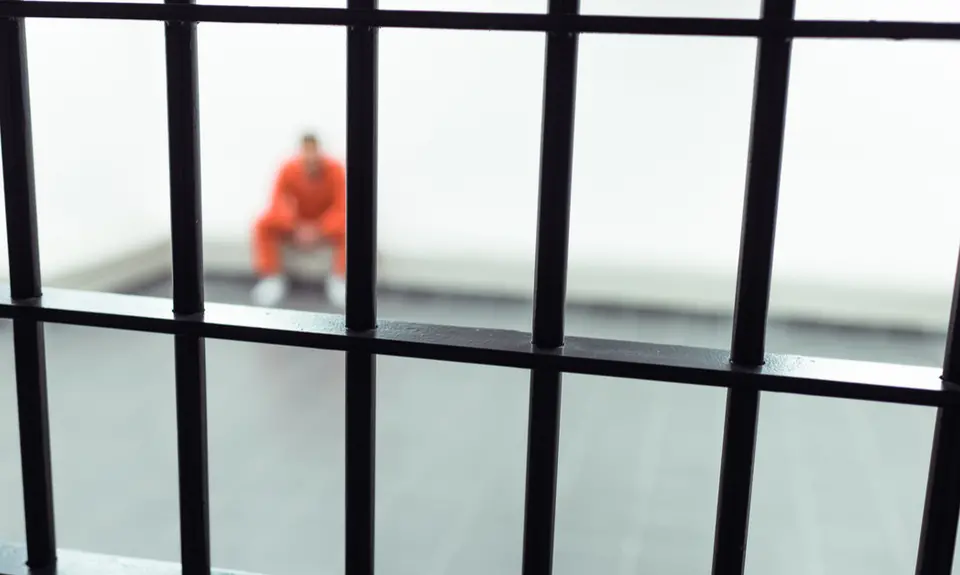“Confirmed Judges, Confirmed Fears” is a blog series documenting the harmful impact of President Trump’s judges on Americans’ rights and liberties.
Trump-appointed Supreme Court Justice Neil Gorsuch recently wrote a 5-4 opinion in Bucklew v. Precythe that authorized a prisoner’s execution despite strong evidence that the method used would create serious pain and suffering due to his rare medical condition, and that significantly undermined the Constitution’s protections against cruel and unusual punishment. Fellow Trump justice Brett Kavanaugh provided the deciding fifth vote in a case that could well have come out differently if his predecessor Justice Kennedy were still on the Court.
Russell Bucklew had been sentenced to death by lethal injection in Ohio. He did not dispute his guilt or the death sentence, but contended that due to his rare medical condition, utilizing the method of lethal injection would violate the 8th Amendment’s ban on cruel and unusual punishment. Specifically, evidence showed that as a result of lethal injection, tumors in his throat would “rupture,’ causing him to “sputter, choke, and suffocate on his own blood for up to several minutes” before death. The lower courts had rejected Bucklew’s claims on summary judgment and without a trial. In a 5-4 ruling in 2018 with Justice Kennedy in the majority, the Supreme Court granted a stay of execution so it could consider Bucklew’s claims.
With Kavanaugh on the Court instead of Kennedy, however, the Court voted 5-4 to uphold the lower courts and reject Bucklew’s claims. Justice Gorsuch’s opinion for the 5-4 majority maintained that, based on the “original meaning” of the 8th Amendment and recent precedent, Bucklew had the burden to “show a feasible and readily implemented alternative” method of execution that would cause significantly less pain and that the state did not have a “legitimate penological reason” to reject. Gorsuch wrote that Bucklew did not meet that burden, and that the stay should be lifted so he could be executed by lethal injection.
In a dissent for all four moderate justices, Justice Breyer strongly disagreed and wrote that the majority’s decision “violates the clear command” of the 8th Amendment." Even under the standard adopted by the majority, he explained, Bucklew had submitted clear evidence of an alternative method that would take 30 seconds or less and would not cause such pain and suffering; there were clearly disputed issues of material fact, so that summary judgment was improper and there should have been a full factual hearing on Bucklew’s claims.
In addition, he explained, the majority had clearly erred in imposing the heavy burden on Bucklew. Previous cases requiring such specific proof about alternatives concerned broad challenges to methods of execution for all prisoners that were “backdoor” methods to abolish the death penalty altogether in states using particular methods. Such a heavy burden was wrong, Breyer explained, when a prisoner focused on a unique challenge to a method of execution that applied only to him. Past precedent concerning challenges to methods of execution, Breyer pointed out, contradicted the majority’s ruling.
But Gorsuch’s opinion made clear he was not interested in such past precedents or in the doctrine established more than 50 years ago that the 8th Amendment prohibits punishments that violate the “evolving standards of decency” in our society. Instead, Gorsuch applied what he considered the “original meaning” of the 8th Amendment, and claimed that to be “unusual”, a punishment must have “long fallen out of use” at “the time of the founding,” contradicting established precedent. Indeed, the majority’s weakened interpretation of the 8th Amendment could directly jeopardize past precedent, such as Justice Kennedy’s ruling that the amendment forbids capital punishment for juvenile offenders.
Gorsuch’s opinion also went even further. In what appeared to be yet another attempt to justify the Court’s recent ruling to authorize immediate execution of Domeneque Ray without allowing consideration of a “powerful” religious liberty claim, Gorsuch wrote in a separate part of his opinion that “last-minute” stays of execution should be the “extreme exception” in death penalty cases, and that Ray’s religious liberty claim had been raised too late. Both Justice Breyer and Justice Sotomayor in a separate dissent strongly disagreed. As Justice Breyer explained (and as the moderates’ dissent at the time noted), Ray had brought his claim “only five days after” learning of the problem, and as Justice Sotomayor added, the issue of stays of execution was not before the Court in Bucklew. If Gorsuch’s gratuitous suggestion about stays were to become the law, she added, it would produce a “radical reinvention’ of the law. As Justice Breyer concluded, Gorsuch’s suggestion that capital punishment must be allowed to take place quickly “would require us to pay too high a constitutional price.”
